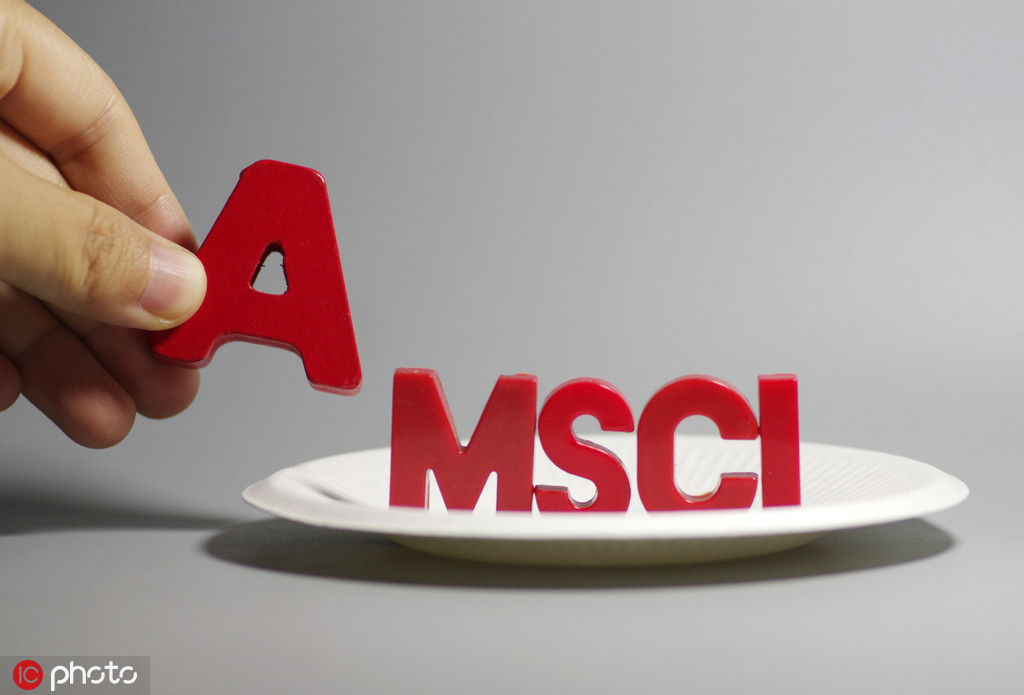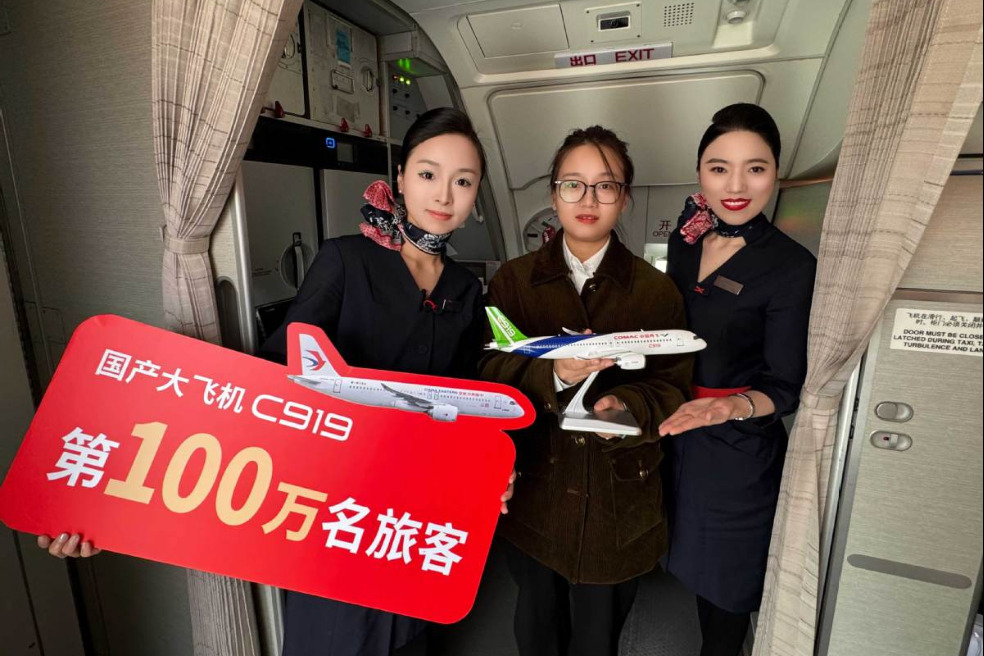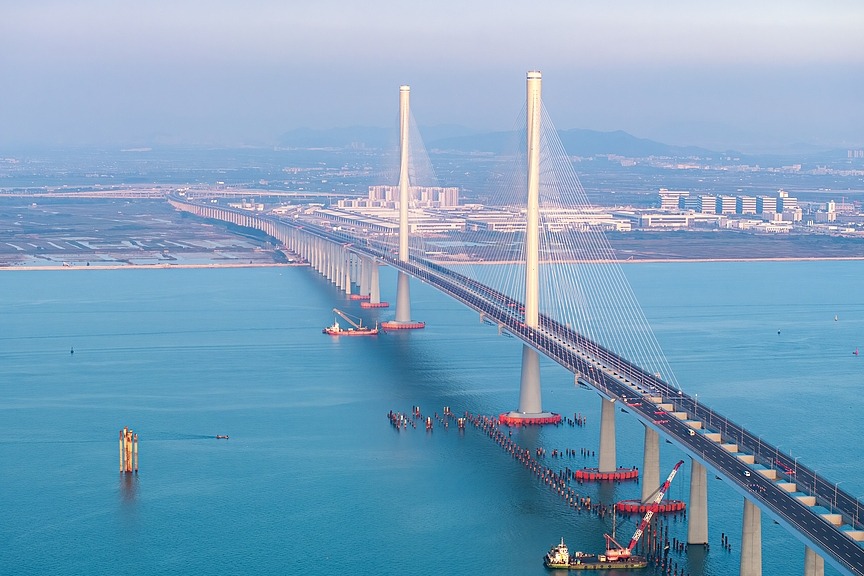Regulator underlines quality of listed companies


As regulators are figuring out every means to boost listed companies' quality, the Chinese capital market will definitely play a more vital role in driving the country's real economy and facilitating highly expected quality development, according to officials and analysts.
Global index compiler MSCI Inc is scheduled to disclose a list of A-share companies to be added to MSCI indexes with a 10 percent inclusion factor on Tuesday, MSCI has announced.
The new inclusion marks MSCI's latest move to satisfy global investors' growing appetite for the A-share market, whose investment value will continuously increase as China heads for high-quality development, experts said.
Yi Huiman, chairman of the China Securities Regulatory Commission, pledged over the weekend to continuously enhance the quality of listed firms as part of supply-side reforms in the financial sector to promote the high-quality development of the real economy.
"High quality of listed companies is a key aspect of the country's high-quality development," said Dong Dengxin, director of the Finance and Securities Institute at Wuhan University of Science and Technology.
"That is because high-quality listed companies act as the pillar of high-quality economic development. Moreover, enhancing the quality of listed companies requires higher resource allocation efficiency of the capital market, which will facilitate economic upgrading," Dong said.
The top securities regulator will implement an action plan to "rather significantly improve" the quality of companies already listed on the A-share market in the next few years, Yi said during a meeting of the China Association for Public Companies, the nation's self-regulatory organization of listed firms.
Specifically, regulations regarding mergers and acquisitions, reorganizations and bankruptcies will be improved to facilitate the injection of high-quality assets into listed firms, Yi said. Meanwhile, delisting rules will be revamped to better clear out low-quality firms.
"Regulatory supervision of listed companies must be strengthened, rather than weakened," Yi stressed, adding that information disclosure and internal controls should be the key aspect of supervision.
Yi also vowed to attract more high-quality firms to go public, mainly by pushing ahead the registration-based initial public offering mechanism not only for the upcoming science and technology innovation board, but existing submarkets too.
Liu Junhai, director of the Business Law Center at Renmin University of China, said the quality of A-share listed firms will likely improve as supply-side reforms of the capital market deepen.
"The aim of supply-side reforms of the capital market should be to help high-quality firms get financing easily, while deterring low-quality ones and those seeking to engage in fraudulent activity from applying to go public," Liu said.
This will help create favorable market conditions for companies with good prospects to fulfill their potential, spurring the real economy, Liu said.
Despite the short-term retreat and trade tensions, analysts said the A-share market is still worth investing in this year, given historically low valuations and the nation's policies to promote the market's healthy development.
"In the mid- to long-term, we believe the A-share market faces a very bright prospect," Jing Ulrich, vice-chairwoman of the Asia-Pacific at JPMorgan Chase & Co, said at a recent media briefing, citing the great potential for global investors to know more about and invest more in the A-share market.
The inclusion of additional A shares announced on Tuesday is set to take effect after the market closes on May 28, together with the increase of the inclusion factor of the already-included A shares from 5 to 10 percent.
In August and November, MSCI will further include A shares, raising their weighting in the MSCI Emerging Markets Index to 3.3 percent.




































